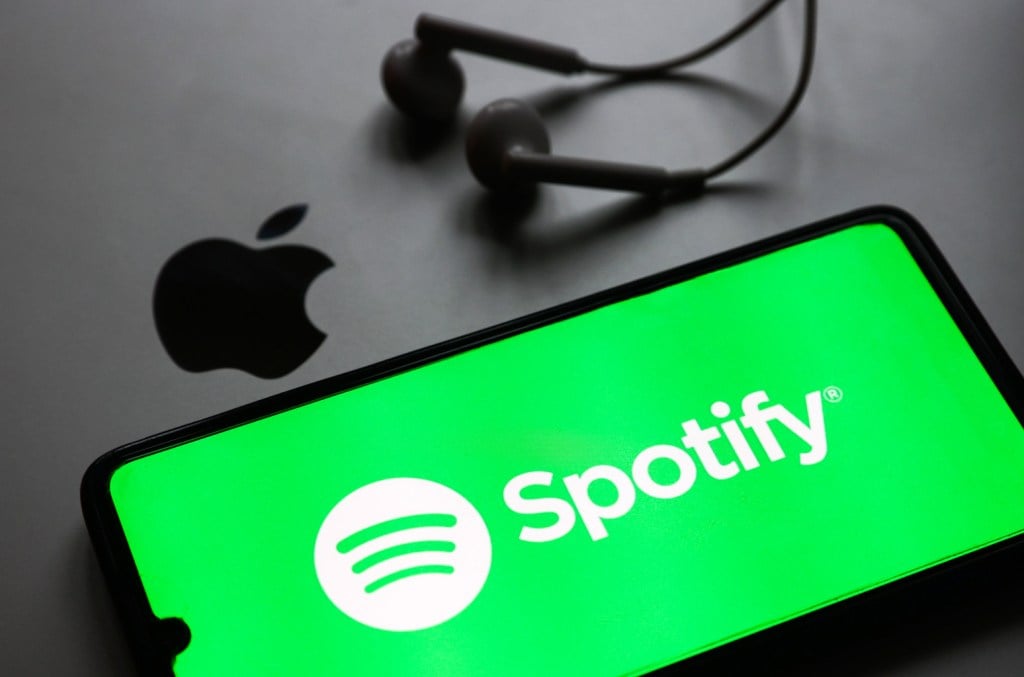When Bloomberg reported that Spotify would be upping the cost of its premium subscription from $9.99 to $10.99, and including 15 hours of audiobooks per month in the U.S., the change sounded like a win for songwriters and publishers. Higher subscription prices typically equate to a bump in U.S. mechanical royalties — but not this time.
By adding audiobooks into Spotify’s premium tier, the streaming service now claims it qualifies to pay a discounted “bundle” rate to songwriters for premium streams, given Spotify now has to pay licensing for both books and music from the same price tag — which will only be a dollar higher than when music was the only premium offering. Additionally, Spotify will reclassify its duo and family subscription plans as bundles as well.



This is what we call competition, kids… i know most people don’t understand the concept but it is supposed to make consumer make a change by providing a good deal.
This is the opposite we see nowadays, where they fuck you and say it is fine because “reasons”
Here’s a link with more info
And specifically to your point
That alone should be enough to get people considering other options. I’m sure there’s more beyond the big three too.